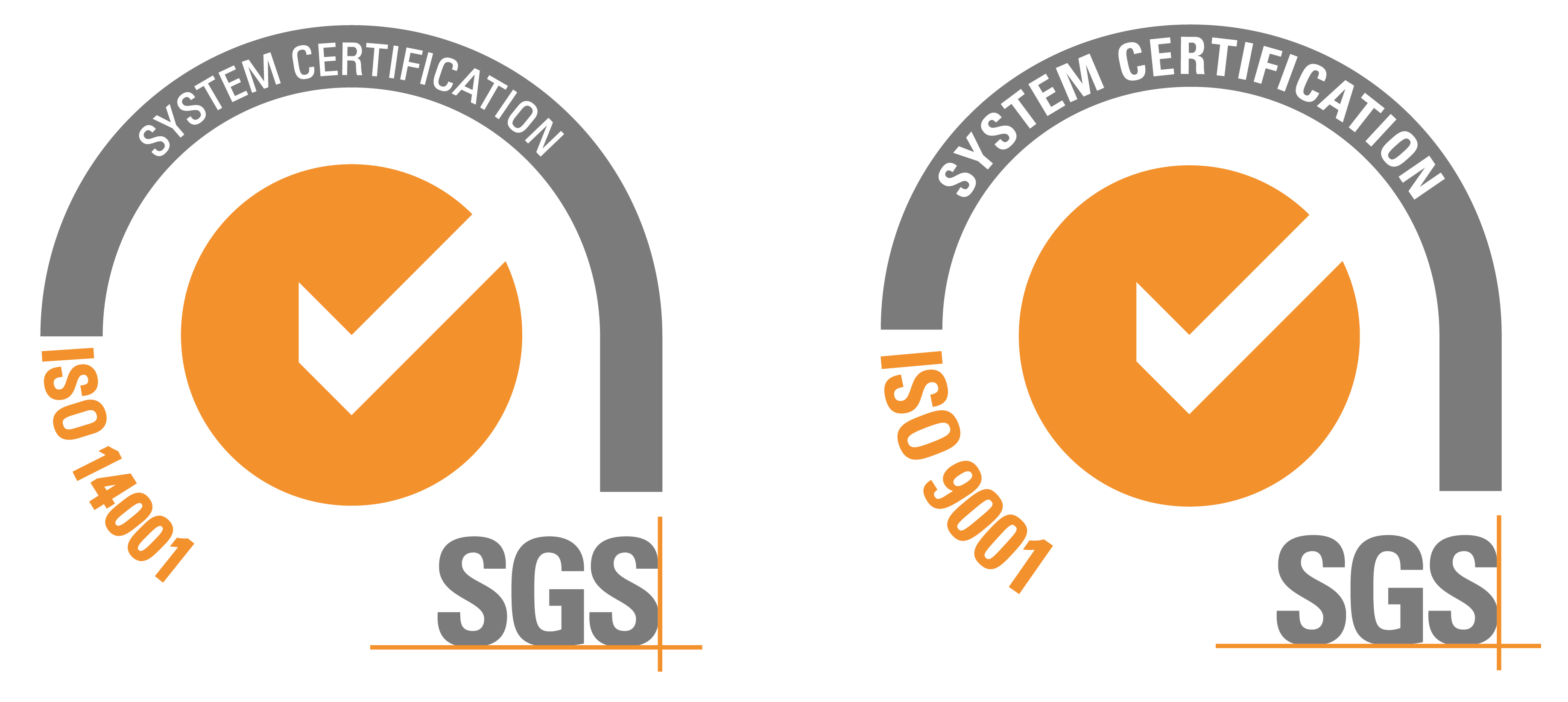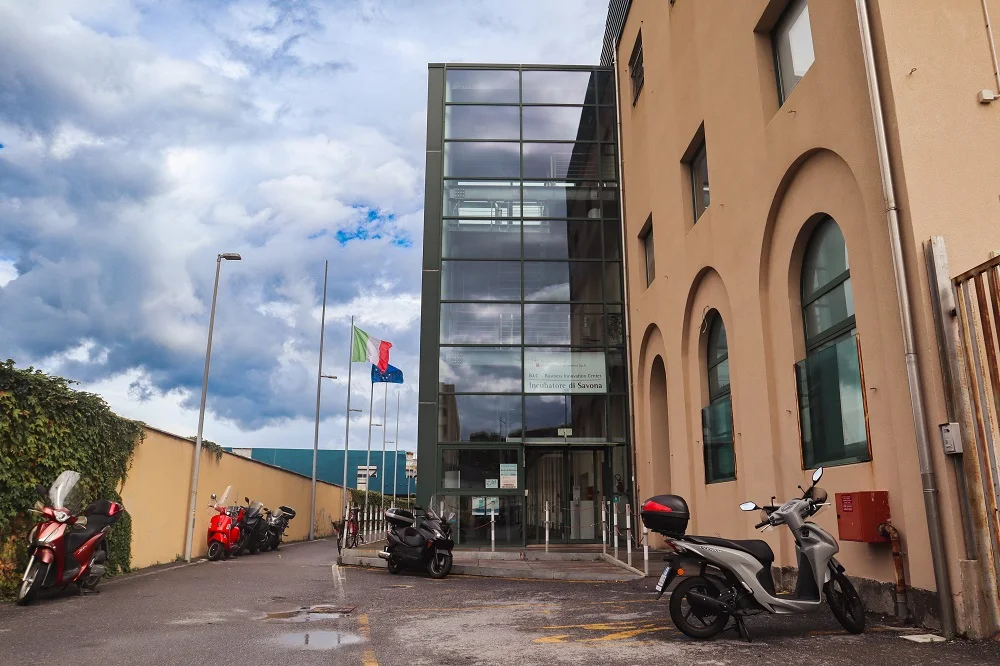
Port Authority
Transparency and Prevention of Corruption
With the approval of Italian Law No. 190 of 2012 regarding the implementation of international conventions against corruption, the Italian legal system has moved towards a prevention-based approach. At a national level, this is embodied in the National Anti-Corruption Plan (PNA) adopted by ANAC and, at the level of each administration, in the three-year Anti-Corruption and Transparency Plans (PTPCT). The National Plan includes the government's strategic objectives for developing a prevention strategy at national level and provides guidelines and support to public administrations for implementing the prevention of corruption and drafting PTPCTs.
The plans of the individual administrations identify activities with the highest risk of corruption and a range of training and control measures to prevent it.
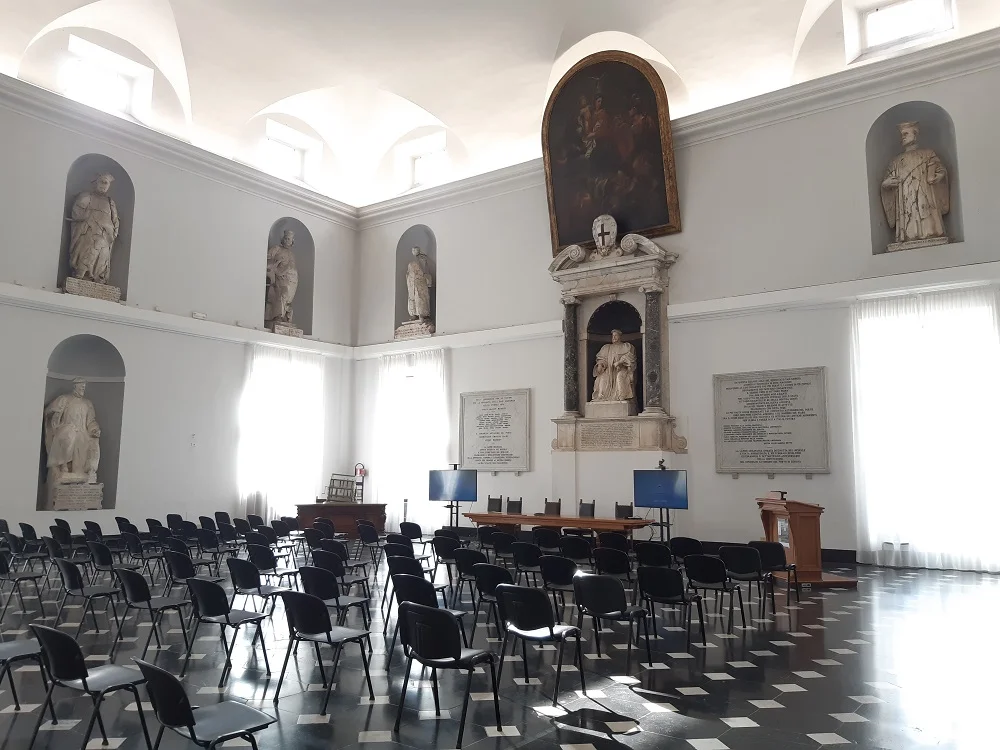
In addition, following the amendments introduced by Italian Legislative Decree No. 97/2016, the PTPCTs include the designation of measures for the effective implementation of transparency obligations, i.e. organisational solutions to ensure compliance with the obligations to publish data and information provided for by the current legislation applicable to public administrations (Italian Legislative Decree No. 33/2013).
To simplify administration and support the implementation of the NRRP, Italian Decree-Law No. 80/2021 introduced the new Integrated Activity and Organisation Plan (PIAO). This Plan aims to consolidate various planning tools into a single document, including the three-year Corruption Prevention and Transparency Plans (PTPCT), which is now part of the “Corruption Risks and Transparency” subsection of the individual PIAOs.
Following the merger of the Ports of Genoa and Savona, the Port Authority, in compliance with current regulations (art. 1, paragraph 7, Italian Law 190/2012), appointed the Head of Anti-Corruption and Transparency (RPCT) and implemented and progressively refined a corruption prevention system, adapting it to regulatory and organisational changes concerning the Authority.
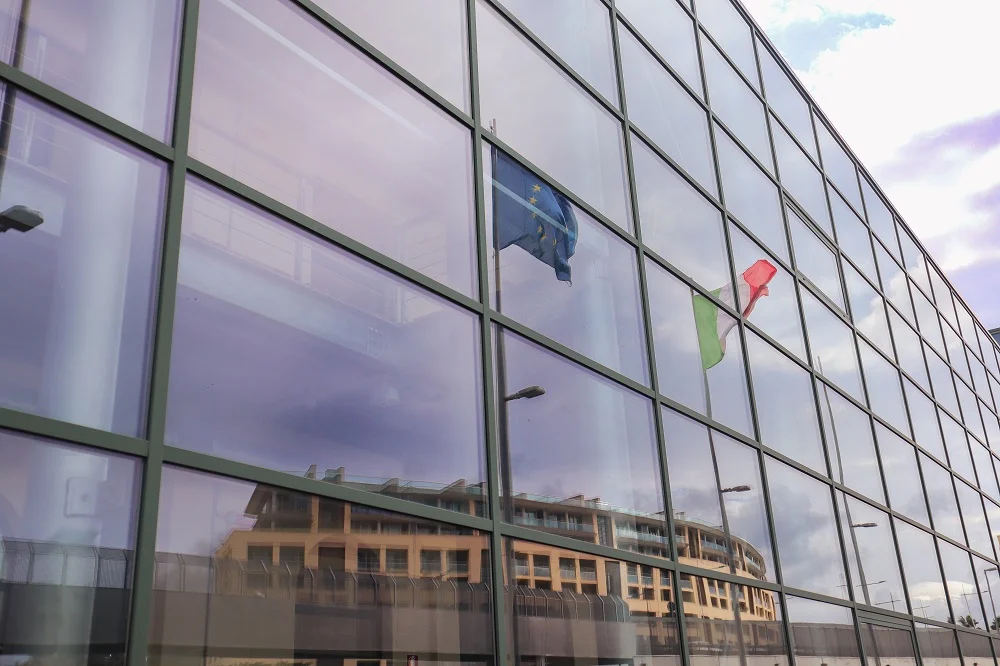
In fact, by virtue of the activities it carries out and the role it plays, the Port Authority has consolidated its legacy of legitimacy and transparency, identifying areas at greatest risk of corruption and promoting the constant adjustment and updating of the existing safeguards.
In accordance with the above, the Port Authority adopts the PTPCT annually and now, as a result of the Italian Decree Law No. 80/2021, the PIAO with the “Corruption Risks and Transparency” subsection, with the content defined by the RPCT on the basis of the strategic objectives identified by the policy-making body.
It is a tool for disseminating and affirming the legacy of rules and preventing corruptive phenomena, as well as a policy document necessary to identify the risk of corruption and the interventions required to prevent it, including organisational measures.
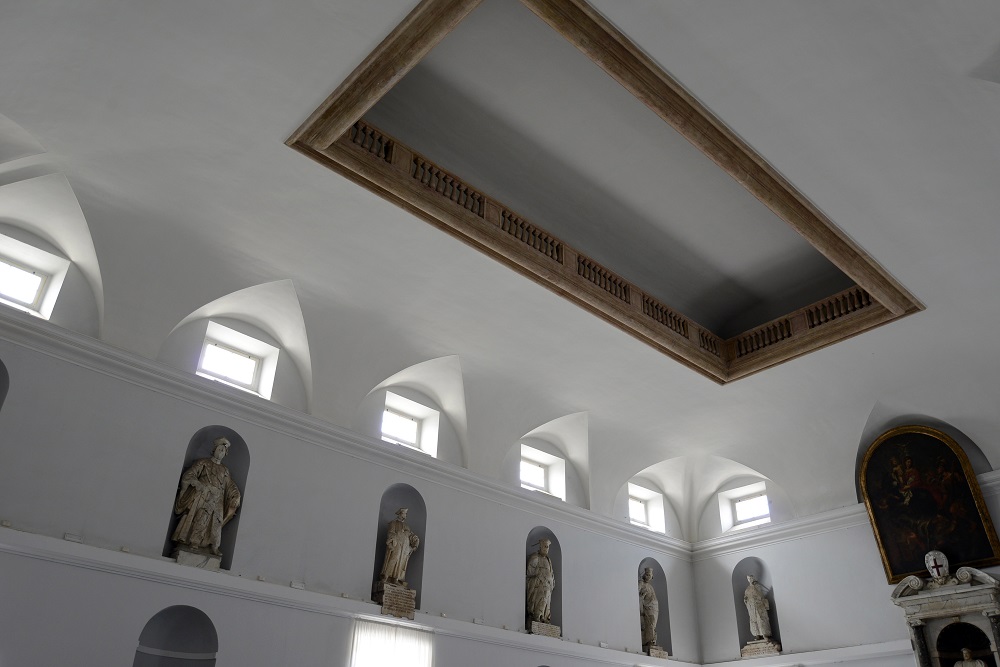
Additional corruption prevention tools adopted by the Port Authority include:
- Regulation of situations of incompatibility and conflict of interest in managerial positions, included in Italian Legislative Decree No. 39 of 2013;
- General obligation to abstain included in Art. 6-bis of the Administrative Proceedings Act (Italian Law No. 241 of 1990), introduced by the aforementioned Italian Law No. 190/2012, requiring individuals in charge of proceedings and offices holders responsible for adopting opinions, technical assessments, end-of-process acts, and the final measure to abstain in case of conflict of interest, reporting any situation even of potential conflict;
- Prohibition, introduced by Italian Law No. 190/2012, preventing all employees who, in the last three years of service, have exercised authoritative or negotiating powers on behalf of public administrations, from engaging in work or professional activities with private companies receiving public administration activities through the same powers for three years following the termination of their term of public employment (so-called pantouflage, as referred to in Art. 53, para. 16-ter, of Italian Legislative Decree No. 165/2001);
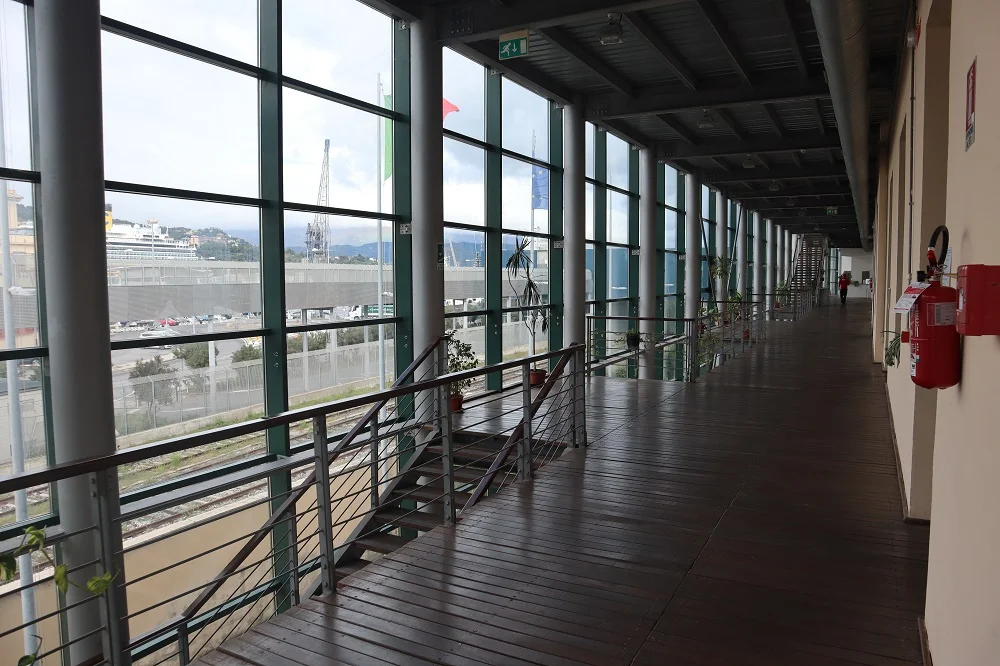
- Definition of the code of conduct for employees to ensure the quality of services, prevent corruption, and comply with constitutional duties of diligence, loyalty, impartiality, and exclusive service to the public interest (Article 54, Italian Legislative Decree No. 165/2001, as amended by Italian Law No. 190/2012);
- Measures for the protection of public employees who report activities of misconduct, of which they have become aware of during their term of employment (so-called whistleblowing);
- Compulsory training on anti-corruption and transparency;
- The provision to the general public of the right to access public records;
- Prompt updates to the 'Transparency in Administration' section across the publication of data, documents and information subject to mandatory disclosure in accordance with the provisions of Italian Legislative Decree No. 33/2013 as amended
For more detailed information on all activities carried out, please consult the Transparency in Administration section of the organisation.



